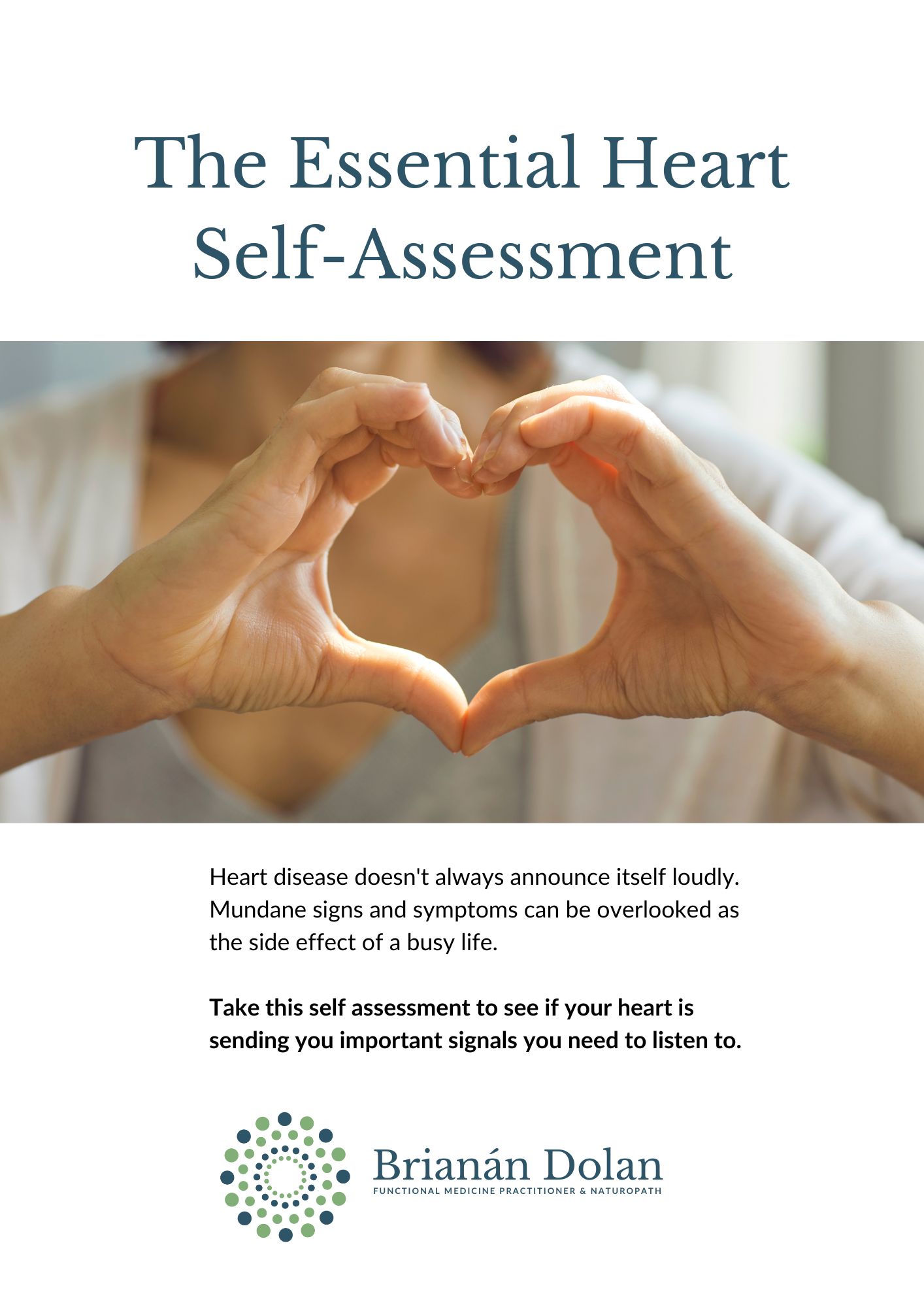A lot of women when they hit the menopause suffer with tiredness, fatigue, and sometimes depression. When they may go to their GP they often get labelled as being depressed when in actual fact, they may very well have congestive heart failure.
March is Women’s Month, and I’m really passionate about women’s health. I wanted to shine a light on a topic often overlooked: women’s heart health. Too often, women find themselves grappling with symptoms like tiredness, fatigue, and even depression, only to be misdiagnosed or overlooked by healthcare professionals.
As women, we often place ourselves at the bottom of our priority lists. Between caring for family members, managing households, and supporting partners, it’s easy to neglect our own well-being. But here’s the reality check: we can’t effectively care for others if we’re not taking care of ourselves first.
Heart disease doesn’t discriminate based on gender, and the symptoms can be subtle or even silent until it’s too late. But here’s the good news: it’s preventable, and even reversible if caught in time. The key lies in knowing our numbers—our blood pressure, cholesterol levels, and triglycerides. These markers provide critical insights into our heart health.
Yet, the reality is that many healthcare systems, like the NHS in the UK, aren’t prioritizing these predictive markers for heart disease. So, what can we do about it? Get an annual check up! Just like the MOT you do for your car. Take charge of your well-being by staying informed and proactive.
One often overlooked aspect of heart health is the role of belly fat. While it might be a contentious topic, it’s one that holds significant implications for our overall health. Whether we’re battling the bulge during teenage years, post-pregnancy, or navigating the changes of menopause, abdominal fat can pose serious risks.
But the thing is – we don’t have to be passive bystanders in our health journey. We can take proactive steps to mitigate these risks. You need to understand your cholesterol levels, triglycerides, and blood pressure at the very least. And if the numbers are off, you need to be taking proactive measures tailored to your individual needs.
And this is where functional medicine comes into play. It’s about addressing the root causes of health issues rather than simply treating symptoms. It’s about personalised care that considers the unique needs of each individual.
So, if you’re ready to take charge of your heart health, let’s start a conversation. Don’t settle for a one-size-fits-all approach. Let’s work together to empower ourselves and pave the way for a healthier future.
Click the link below to book a call and take that proactive step to optimal heart health.





